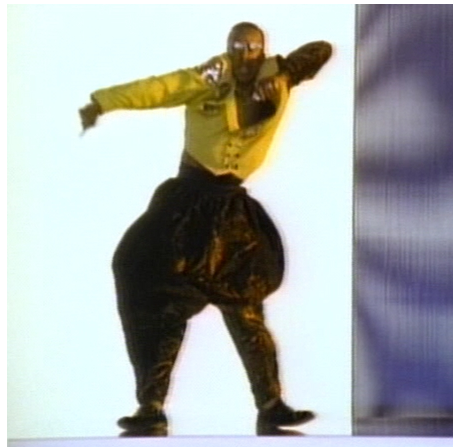There comes a time in every blogger’s life when having answered every email, researched every YouTube video, and basically exhausted every imaginable resource, he finds himself in the desperate position of actually having to write.
If you are a stranger to the delightful world of wordcraft, perhaps spending your time on more respectable and rewarding occupations like say, Roadside Carcass Removal, you might believe that those who call themselves writers would have long ago resigned themselves to the fact that sooner or later they would be called upon to produce verifiable written material.
You would be wrong.
You see, being a writer is a lot like being a rock star: you are allowed, and even expected to dress funny, hold bizarre and often conflicting opinions, and basically act like an adolescent.
The act of writing, however, is a lot like work.
This is why the great majority of activities undertaken by writers, bloggers, and other content providers are specifically aimed at postponing the moment of creation as long as physically possible.
However, once all contingencies of denial are exhausted, once the sheltering tissue of fantasy is punctured by the viscously barbed shafts of plummeting deadlines, an author simply has no choice but to buck up and write something.
Even if it is a note explaining why he can’t write.

One time-honored tactic used to leverage reluctant writers into literary productivity is the writing prompt, a suggestion or hint used to startle the subconscious into an accidental discharge of useful ideas.
And, due to the kindness and generosity bestowed upon me as licensed internet resource, not to mention the fact that I can’t think of anything else to write, I have decided to share with you three of my most punctual prompts.
Start at the End
Determining how your tale will conclude can provide you, the author, with many useful clues on how to construct your story, such as who’s in it, if they’re me, and if we all end up in Acapulco.
An example of an excellent end-starting is this:
Slowly the blogger rose to the dais, glanced at his notes and began, “ I accept this lifetime blog achievement award, with generous cash prize, in the field of humorous quasi-fiction in name of all part-time writers, frustrated comics, and overlooked luminaries everywhere.â€
The crowd combusted in an endless thunderclap of applause. As he returned to his seat he grinned a thoughtful little grin, Now I can afford that species change operation.
Start in the Middle
Just because many good stories begin in the middle doesn’t mean that yours can’t start there too. Jump right into the action. Boring chores like introduction and conclusion can be handled with flashbacks and time travel.
A modestly awesome example of this technique is:
So there I was surrounded by a ring of angry Pomeranians, their harsh growls rumbling like a thousand tiny leaf-blowers. Slowly they inched their way forward, constricting the circle around me step by step. Desperately, I searched my pockets for any shred of hope.
Coming up with lint, a gum wrapper and– A rush of excitement coursed through my limbic system– the enchanted chew toy!
Start at the Beginning
Starting at the beginning, while endorsed by many grammar schools and other educational afflictions, is in fact the surest sign of a true amateur. However, if you are feeling nostalgic for the heady days of young writing-love and its baseless optimism, feel free to revisit this technique. You will of course require a strong opening line, something that firmly grasps the reader‘s attention if not his entire nervous system.
Something like:
Of all the flatulence that has escaped all the colons in all the world, why did this one have to come from mine?
That’s It
 There’s no time like the present to write, unless of course there is new material up at homestarunner.com. Or fresh road kill on the turnpike.
There’s no time like the present to write, unless of course there is new material up at homestarunner.com. Or fresh road kill on the turnpike.
Keep those keys clicking and remember: when you fail to write, you only write to fail…to write…or something.
For more practical writing advice, see the fine folks at humorblogging.com






 There’s no time like the present to write, unless of course there is new material up at homestarunner.com. Or fresh road kill on the turnpike.
There’s no time like the present to write, unless of course there is new material up at homestarunner.com. Or fresh road kill on the turnpike.

